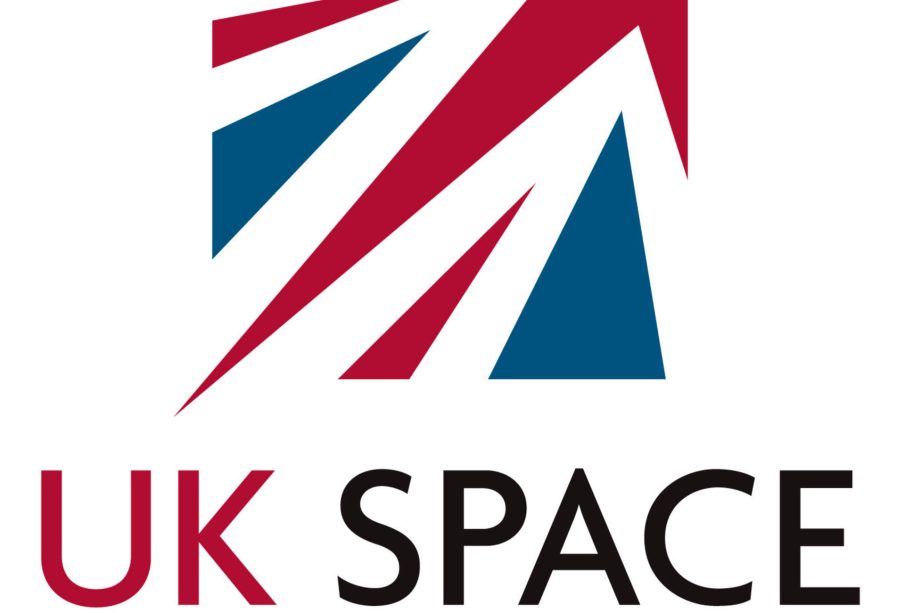Exploring the UK Space Agency: Pioneering the Future of Space

Introduction
The UK Space Agency plays a pivotal role in the nation’s advancements in space exploration and technology. Established in 2010, it serves as a governmental body responsible for the United Kingdom’s civil space programme. The agency’s importance has grown significantly in recent years, reflecting the global surge in interest surrounding space missions, satellite technologies, and international collaboration in space research.
Recent Developments
In 2023, the UK Space Agency announced several ambitious initiatives aimed at bolstering the country’s standing in the global space sector. One of the key milestones includes the launch of the national strategy for space aimed at reaching a £40 billion space economy by 2030. This strategy encompasses various sectors, from satellite manufacturing to space tourism, underlining the UK’s intent to promote private investment in the space industry.
Additionally, the agency has been actively collaborating with international partners, including the European Space Agency (ESA) and NASA. Recent joint missions have yielded significant data on planetary sciences and climate change, allowing the UK to contribute effectively to global efforts tackling environmental issues. Notably, the UK has participated in the Mars rover missions and the Artemis programme, aimed at returning humans to the Moon.
Satellite Developments and Innovations
The UK Space Agency has also stimulated advances in satellite technology. With the growing constellation of small satellite launches, the agency supports programmes that enable the operation of nanosatellites, enhancing capabilities for earth observation and communications. The launch of the UK’s first spaceport in Sutherland, Scotland, is anticipated to provide a significant boost to the domestic space launch industry, allowing for a new era of satellite deployment.
Furthermore, the agency is investing in research and development into cutting-edge technologies like asteroid mining and space debris management, positioning the UK as a leader in the sustainable use of outer space resources.
Conclusion
The UK Space Agency stands at the forefront of a transformative era in space exploration. Its initiatives and collaboration with global partners point towards a bright future for the UK in the international space community. As space activities become increasingly integrated into everyday life, the agency’s efforts are expected to result in technological advancements that benefit society at large, from climate monitoring to telecommunications. With ambitious goals set for the coming years, the UK Space Agency is crucial in defining the future landscape of space exploration.







